Are you considering asking a coworker for a reference and unsure how to approach it? Crafting the perfect letter can make a significant difference in how your request is received. It's essential to be clear, concise, and gracious while providing context about the opportunity you're pursuing. Let's delve into some effective strategies and templates that will help you obtain that coveted reference with easeâkeep reading for valuable tips!
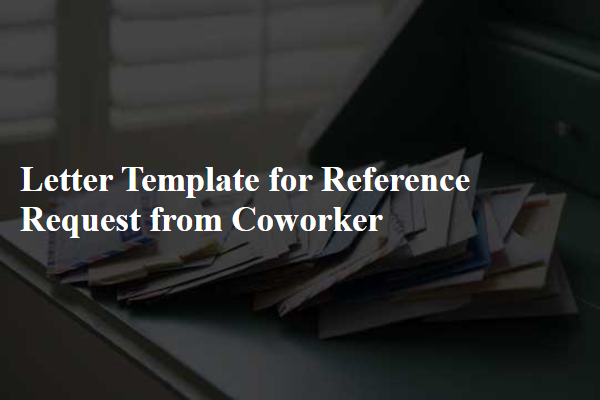
Salutation and proper greeting.
A professional reference request often begins with a formal salutation, such as "Dear [Coworker's Name]," which establishes a respectful tone. A proper greeting follows, expressing appreciation, such as "I hope this message finds you well" or "I trust you are having a productive week." The introduction should be warm yet concise, setting the stage for the request ahead. When drafting, maintain a clear focus on the purpose of the communication, ensuring that the request is straightforward while conveying the significance of the reference in relation to upcoming opportunities or aspirations.
Specific request details.
An effective reference request includes essential elements such as the individual's name (e.g., Sarah Thompson), the position they are applying for (e.g., Marketing Manager at XYZ Corp), and the specific experiences relevant to the role (e.g., project management skills from the 2022 product launch). It should also indicate the context of your relationship (e.g., working together on the Sales Team at ABC Inc. for three years) and the deadline for submission (e.g., by March 15, 2024). Clear communication about why the reference is important strengthens the request, highlighting how their endorsement can significantly influence the hiring decision.
Professional relationship context.
A request for a reference from a coworker in a professional setting requires a well-structured approach, emphasizing the importance of the relationship, collaboration details, and the significance of their affirmation. Colleagues who have worked closely on projects or shared responsibilities can provide valuable insights into capabilities and work ethic. Highlight the specific timeframe of collaboration, outlining key projects or achievements to frame the request meaningfully. Stress how their perspective can enhance the assessment of skills, making the reference pivotal for advancing professional opportunities. Engaging in this dialogue cultivates a supportive atmosphere that promotes mutual career growth.
Purpose for the reference.
A reference request can be a valuable tool for professional growth. When approaching a coworker, clarity about the purpose is essential. For instance, if applying for a new position such as a software developer at an innovative technology firm like Google, mentioning specific skills (e.g., Java, Python) can provide context. Highlight the significance of teamwork on past projects, such as a successful product launch that resulted in a 20% increase in user engagement. Including details about the relationship, such as having collaborated closely on projects for over two years, can strengthen the request. Stressing how their perspective can enhance your candidacy by showcasing key achievements might encourage a positive response.
Closing and expression of gratitude.
Expressing sincere gratitude is essential in professional correspondence. When closing a reference request from a coworker, it's vital to acknowledge their support and willingness to assist. A simple "Thank you for considering my request, I truly appreciate your help during this process," conveys appreciation. You may also express confidence in their perspective, stating "Your insight into my work ethic and skills will be invaluable," reinforcing the value of their input. A closing line such as "Looking forward to hearing from you soon," can encourage a timely response while maintaining professionalism. A final affirmation like "Thanks once again for your support" leaves a positive impression.
Letter Template For Reference Request From Coworker Samples
Letter template of professional reference request for internal promotion.
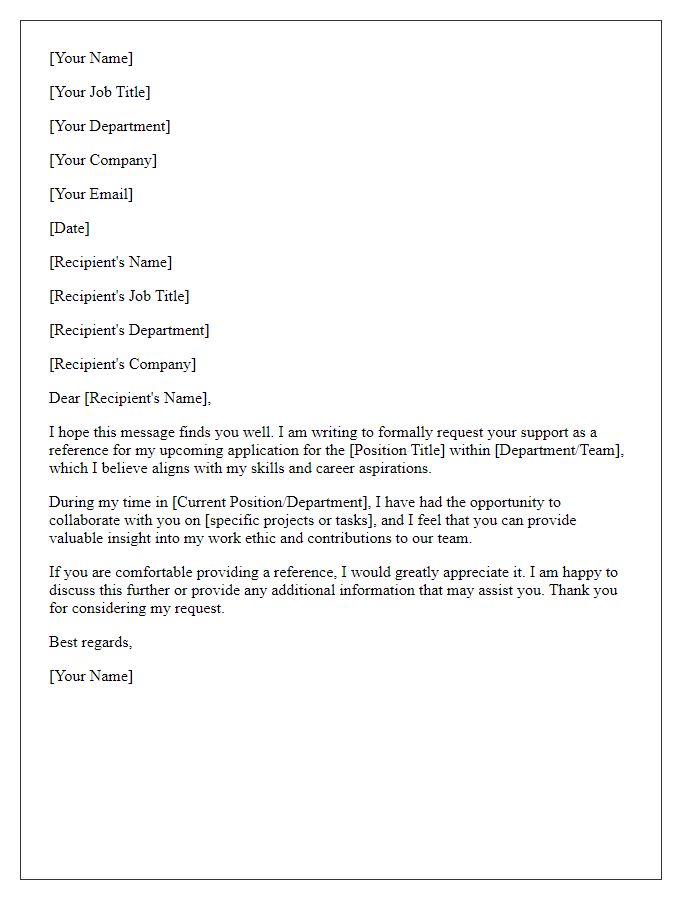
Letter template of professional reference request for networking purposes.
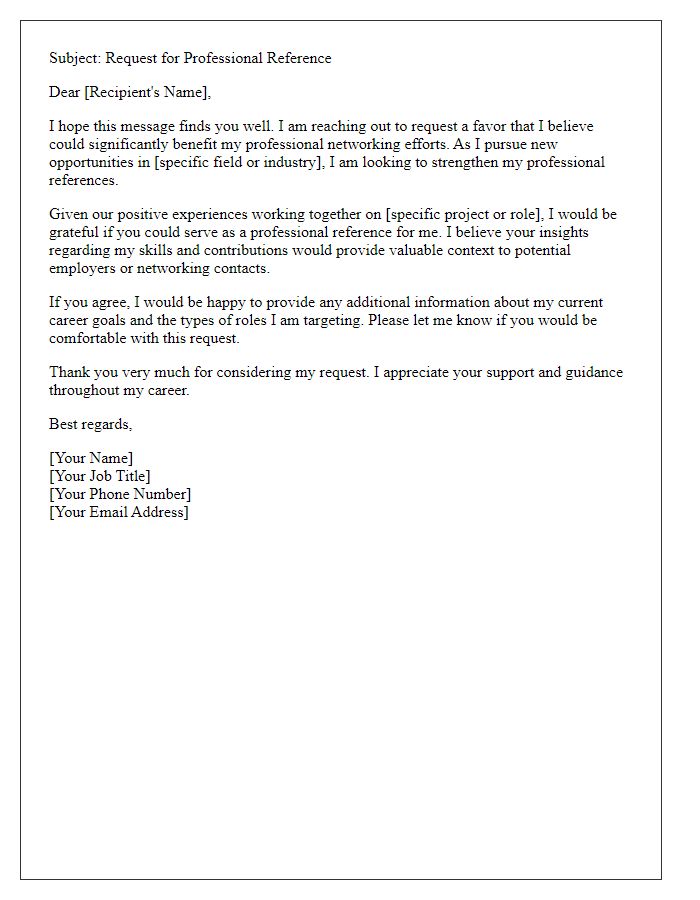
Letter template of educational reference request for scholarship application.
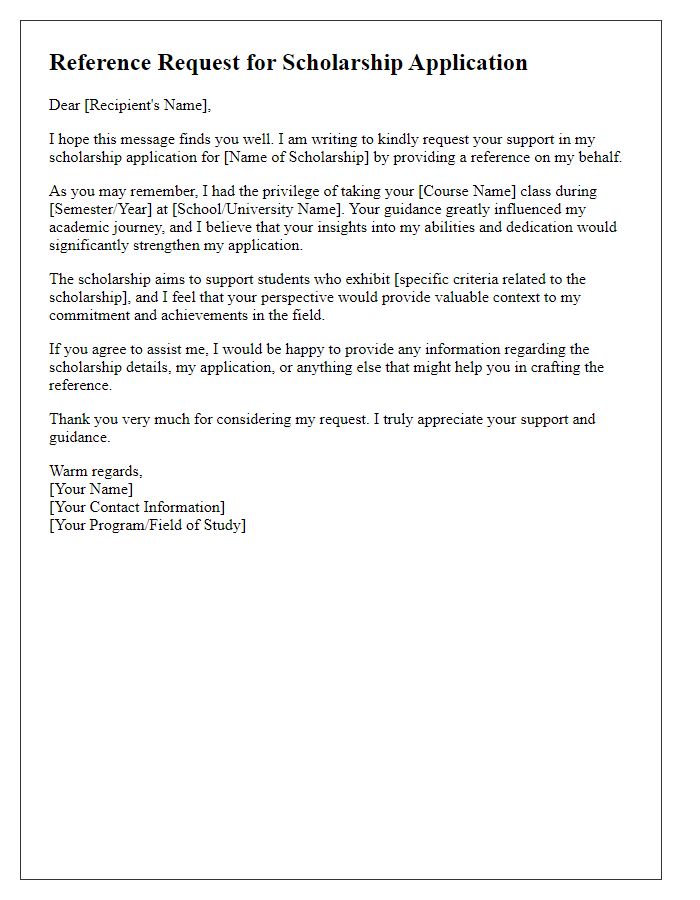

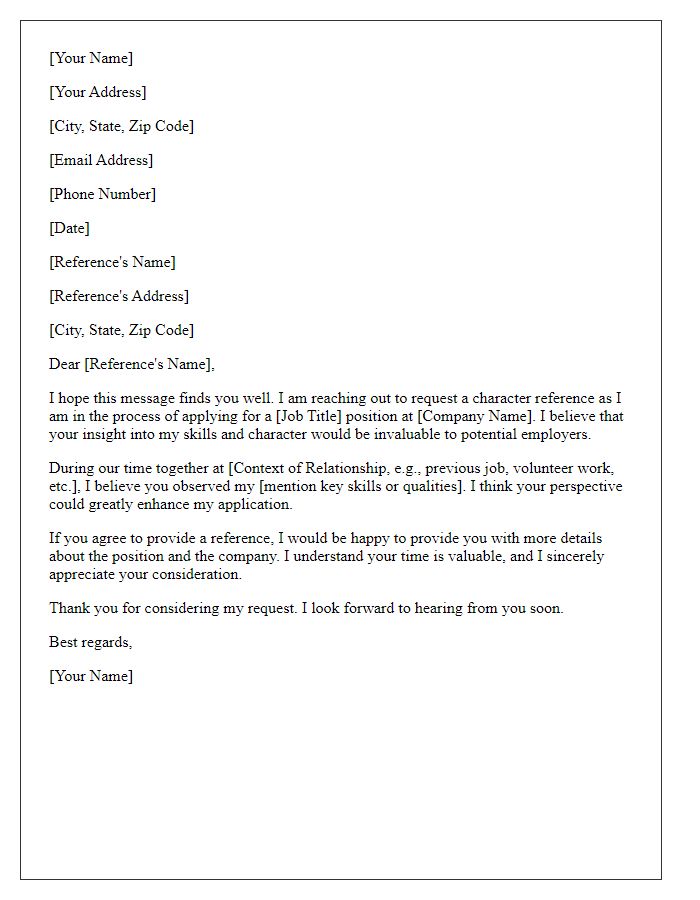
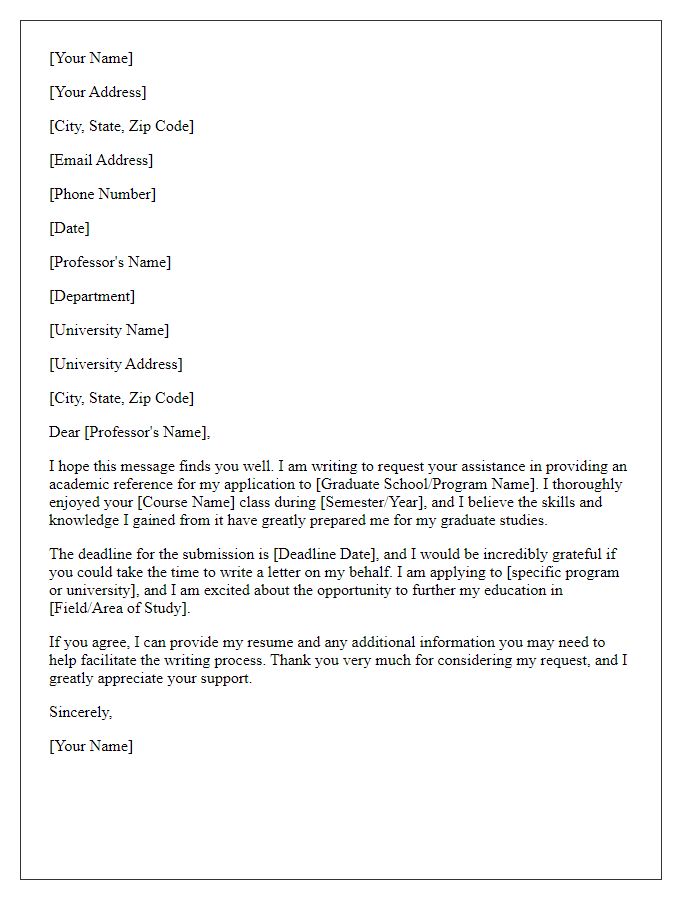
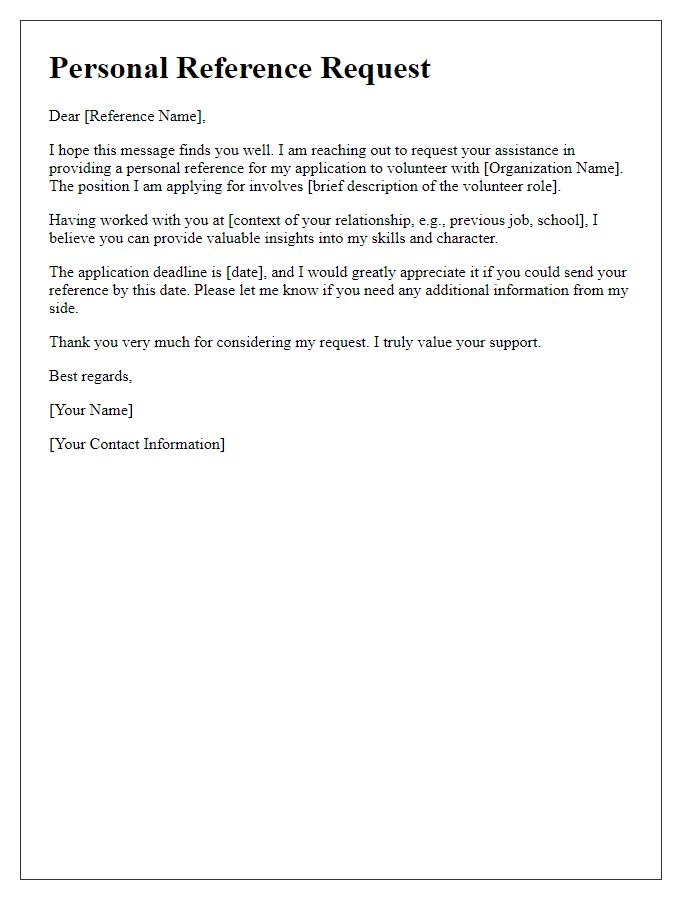
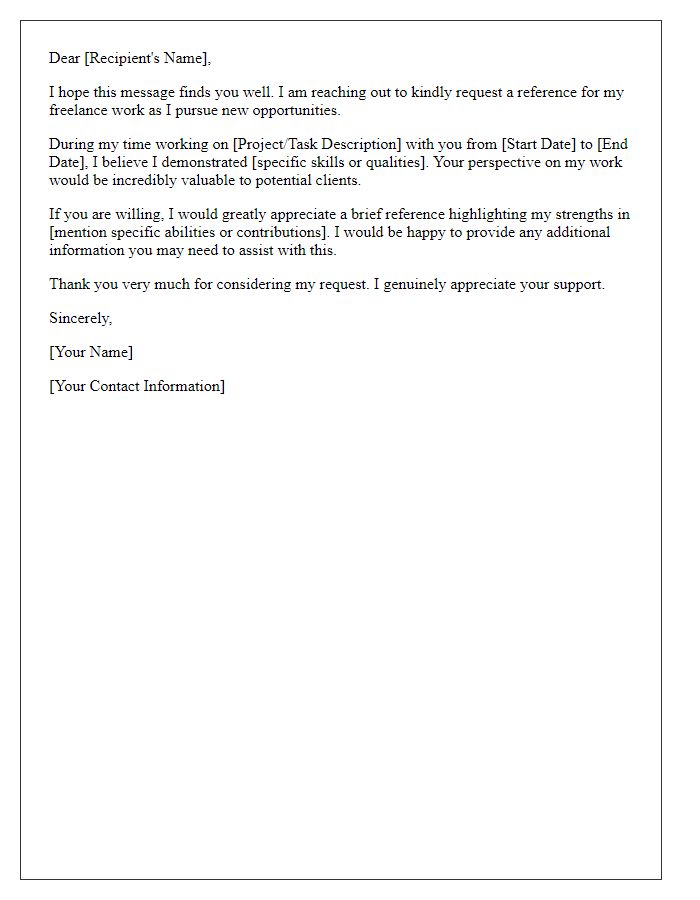
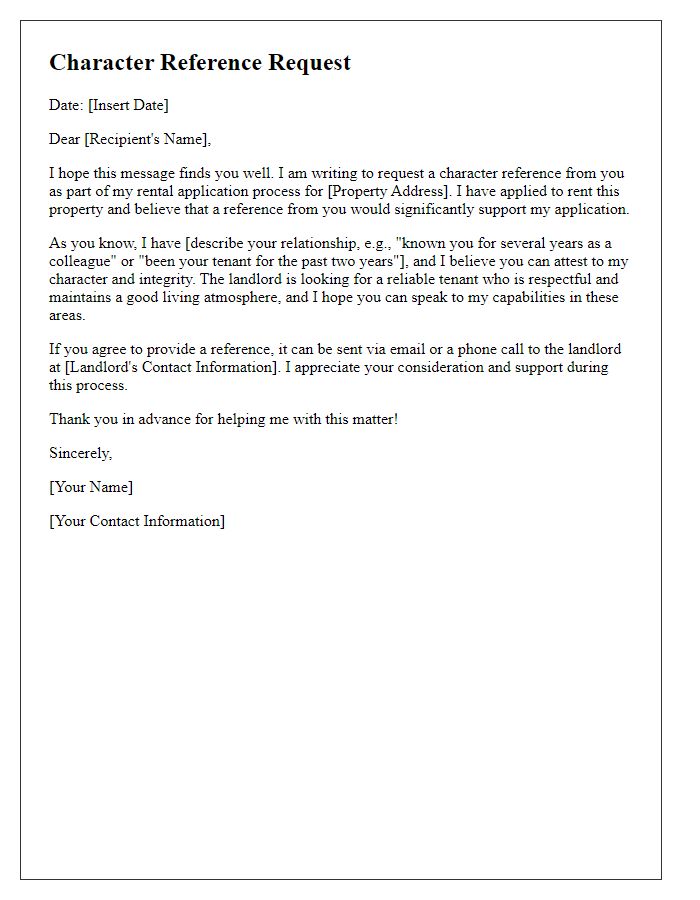
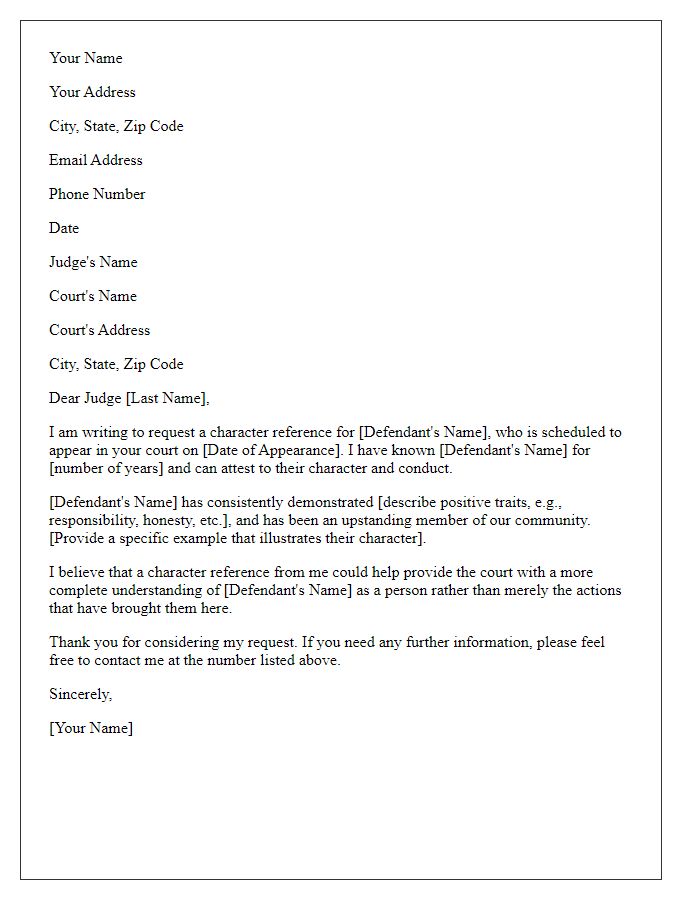
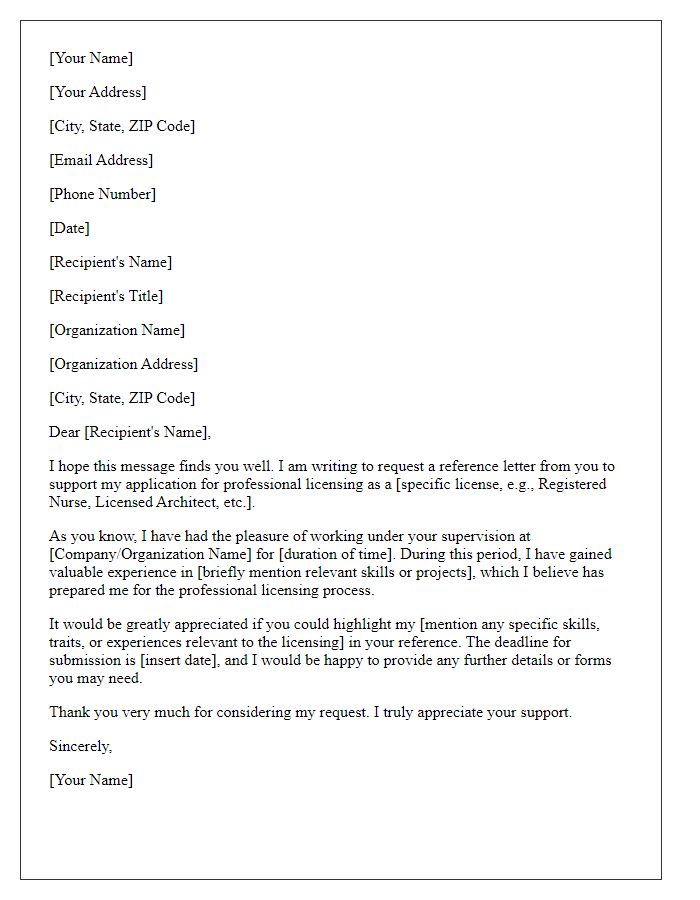

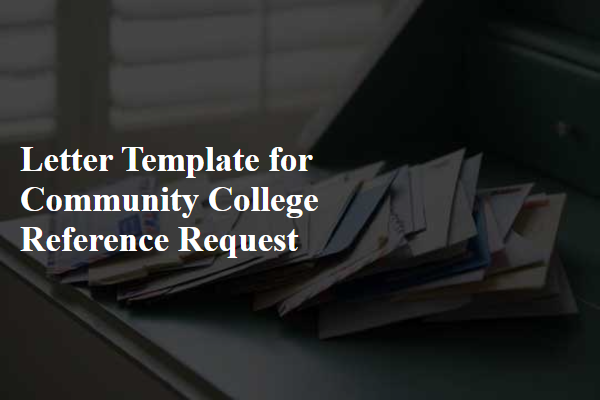
Comments